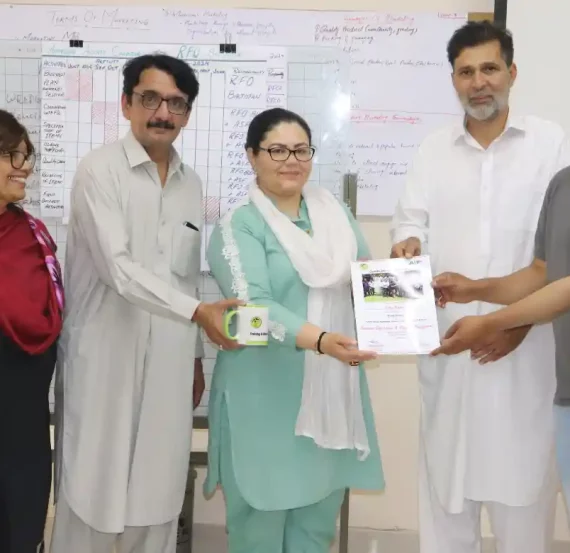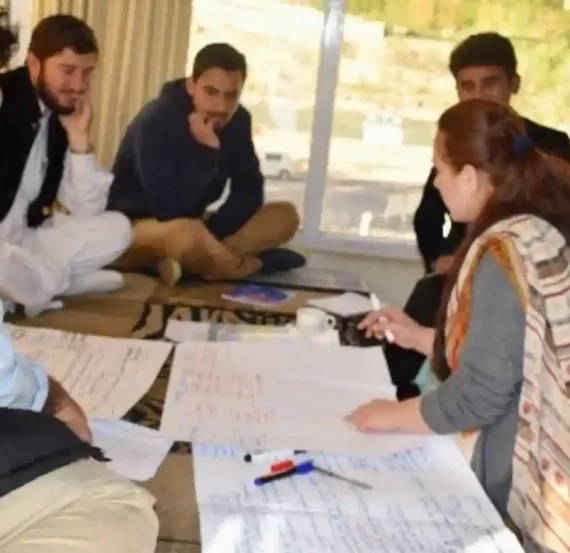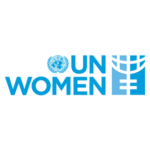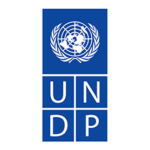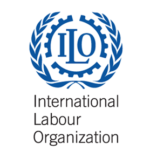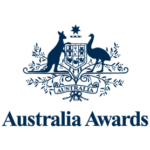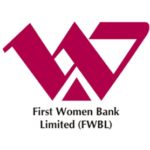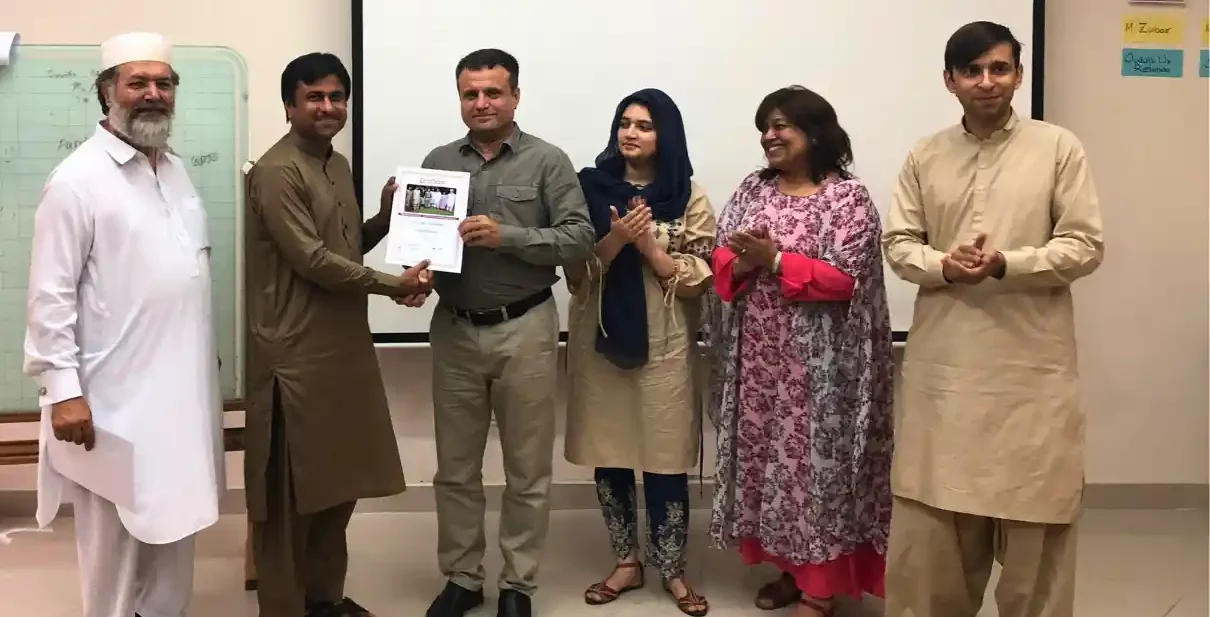
Synopsis:
The ‘Southern Area Development Project’ initiated by the Khyber Pakhtunkhwa (KPK) Government aims to foster peace, tolerance, and poverty alleviation in the vulnerable districts of DI Khan, Lakki Marwat, and Tank. Mera Maan was tasked with conducting a comprehensive livelihood assessment in 25 Union Councils (approximately 140 villages) and formulating a livelihood framework with specific interventions for all districts. The objective was to create a livelihood implementation plan for the next two years, with a special emphasis on presenting the proposed framework to senior stakeholders at both the Government and World Bank levels.Narrative of the Project Description:
Background:
The Khyber Pakhtunkhwa Planning and Development Department, in collaboration with the World Bank, launched the ‘Southern Area Development Project’ to improve livelihood opportunities and alleviate poverty in the three targeted districts known for their vulnerability to economic challenges and conflicts.Objectives:
– Conduct a thorough livelihood assessment in 25 Union Councils across DI Khan, Lakki Marwat, and Tank districts.– Develop a comprehensive livelihood framework, incorporating specific interventions tailored to the needs of each district.
– Create a livelihood implementation plan for the next two years, outlining actionable steps and timelines.
– Present the proposed framework to key stakeholders at both the Government and World Bank levels for their consideration and endorsement.



